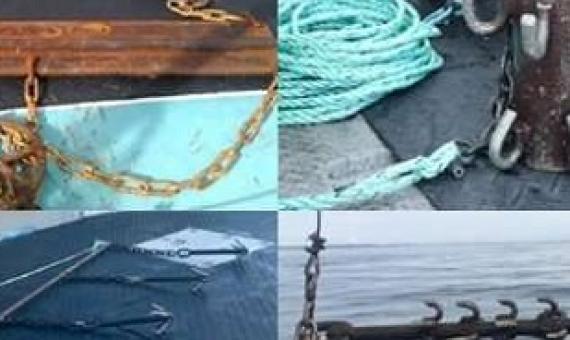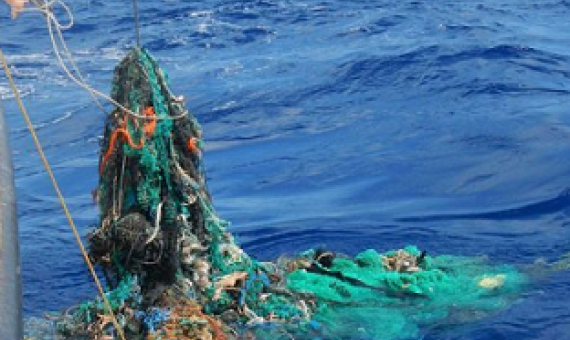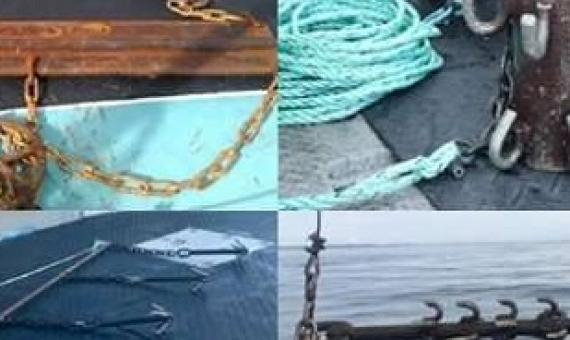New research has found that the design of biodegradable fishing gear needs to improve if it is to help address the environmental and economic impacts of 'ghost fishing'.
Cook Islands has made calls for “ghost gear” to be included in the Plastic Treaty as it impacts marine life and the marine food chain, and is a significant cause of marine litter.
Reporting and retrieval of lost fishing gear: recommendations for developing effective programmes
Abandoned, lost or otherwise discarded fishing gear, also referred to as ALDFG or ghost gear, is the most harmful form of marine plastic litter for marine animals and habitats: it can impede safe navigation, damage beaches and reefs, and lead to economic losses for fisheries and other marine-dependent industries across the globe. While there are no current estimates of the amount of ALDFG in the ocean, a growing body of evidence has documented high rates of ALDFG in fisheries around the world.
Southwest Nova Scotia is one of Canada's most productive lobster fishing region, spanning more than 21,000 square kilometers and contributing a significant portion of the country's lobster supply.









